As many as 12 missiles struck near a sprawling U.S. consulate complex in the northern Iraqi city of Irbil on Sunday, in what a U.S. defense official and an Iraqi official said was a strike launched from neighboring Iran.
No injuries were reported in the attack, which marked a significant escalation between the U.S. and Iran. Hostility between the longtime foes has often played out in Iraq, whose government is allied with both countries.
The Iraqi official in Baghdad initially said several missiles had hit the U.S. consulate in Irbil and that it was the target of the attack. Later, Lawk Ghafari, the head of Kurdistan’s foreign media office, said none of the missiles had struck the U.S. facility but that areas around the compound had been hit.
On Sunday morning, Iran’s Islamic Revolutionary Guards Corps (IRGC) took responsibility for the attack on the US consulate and claimed that the attack targeted “secret Israeli bases.”
A Saudi media outlet reported that the strikes were in retaliation for the elimination of two IRGC officers in Syria by IDF strikes last week. The IRGC threatened Israel that any counterattacks will be met with “harsh and overwhelming responses.”
“Following the recent crimes of the fake Zionist regime and the previous announcement that the crimes and evils of this infamous regime will not go unanswered, last night, the ‘Strategic Center of Conspiracy and Evil of the Zionists’ was targeted by powerful and point-to-point missiles of the IRGC,” an IRGC statement said.
Iranian media outlets also noted that the missiles struck at 1:20 a.m. (Baghdad time) – the same time that the US eliminated Quds commander Qassem Soleimani in January 2020 at Baghdad airport.
The U.S. defense official said it was still uncertain exactly how many missiles were fired and exactly where they landed. A second U.S. official said there was no damage at any U.S. government facility and that there was no indication the target was the consulate building, which is new and currently unoccupied.
Neither the Iraqi official nor the U.S. officials were authorized to discuss the event with the media and spoke to The Associated Press on condition of anonymity.
Satellite broadcast channel Kurdistan24, which is located near the U.S. consulate, went on air from their studio shortly after the attack, showing shattered glass and debris on their studio floor.
The attack came several days after Iran said it would retaliate for an Israeli strike near Damascus, Syria, that killed two members of its Revolutionary Guard. On Sunday, Iran’s state-run IRNA news agency quoted Iraqi media acknowledging the attacks in Irbil, without saying where they originated.
An Iranian spokesperson rejected the accusation that Iran was behind the Irbil attack. Mahmoud Abbaszadeh, spokesman for Iran’s parliamentary committee on national security and foreign policy, said the allegation could not be confirmed so far.
“If Iran decides to take revenge … it will be very, very serious, strong, obvious,” he said in an interview with a local news website.
The missile barrage coincided with regional tensions. Negotiations in Vienna over Tehran’s tattered nuclear deal hit a “pause” over Russian demands about sanctions targeting Moscow for its war on Ukraine. Meanwhile, Iran suspended its secret Baghdad-brokered talks aimed at defusing yearslong tensions with regional rival Saudi Arabia, after Saudi Arabia carried out its largest known mass execution in its modern history with over three dozens Shiites killed.
The Iraqi security officials said there were no casualties from the Irbil attack, which they said occurred after midnight and caused material damage in the area. They spoke on condition of anonymity in line with regulations.
One of the Iraqi officials said the ballistic missiles were fired from Iran, without elaborating. He said the projectiles were the Iranian-made Fateh-110, likely fired in retaliation for the two Revolutionary Guards killed in Syria.
Another U.S. official said in a statement that the U.S. condemned what it called an “outrageous attack against Iraqi sovereignty and display of violence.”
U.S. forces stationed at Irbil’s airport compound have come under fire from rocket and drone attacks in the past, with U.S. officials blaming Iran-backed groups.
The top U.S. commander for the Middle East has repeatedly warned about the increasing threats of attacks from Iran and Iranian-backed militias on troops and allies in Iraq and Syria.
In an interview with The Associated Press in December, Marine Gen. Frank McKenzie said that while U.S. forces in Iraq have shifted to a non-combat role, Iran and its proxies still want all American troops to leave the country. As a result, he said, that may trigger more attacks.’
The Biden administration decided last July to end the U.S. combat mission in Iraq by Dec. 31, and U.S. forces gradually moved to an advisory role last year. The troops will still provide air support and other military aid for Iraq’s fight against the Islamic State.
The U.S. presence in Iraq has long been a flash point for Tehran, but tensions spiked after a January 2020 U.S. drone strike near the Baghdad airport killed a top Iranian general. In retaliation, Iran launched a barrage of missiles at al-Asad airbase, where U.S. troops were stationed. More than 100 service members suffered traumatic brain injuries in the blasts.
More recently, Iranian proxies are believed responsible for an assassination attempt late last year on Iraq’s Prime Minister Mustafa al-Kadhimi.
And officials have said they believe Iran was behind the October drone attack at the military outpost in southern Syria where American troops are based. No U.S. personnel were killed or injured in the attack.
Al-Kadhimi tweeted: “The aggression which targeted the dear city of Irbil and spread fear amongst its inhabitants is an attack on the security of our people.”
Masrour Barzani, prime minister of the semi-autonomous Kurdish-controlled region, condemned the attack. In a Facebook post, he said Irbil “will not bow to the cowards who carried out the terrorist attack.”
(YWN Israel Desk – Jerusalem & AP)


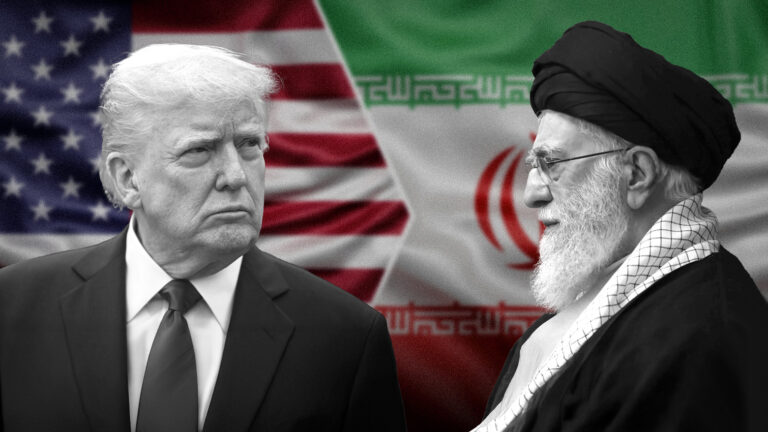

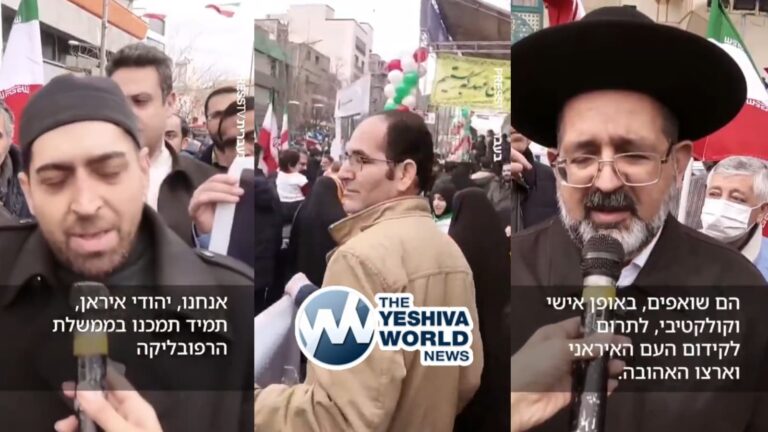

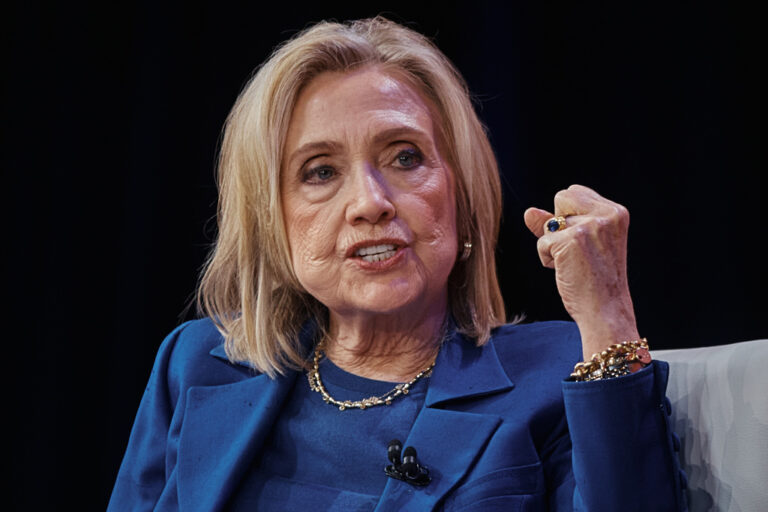
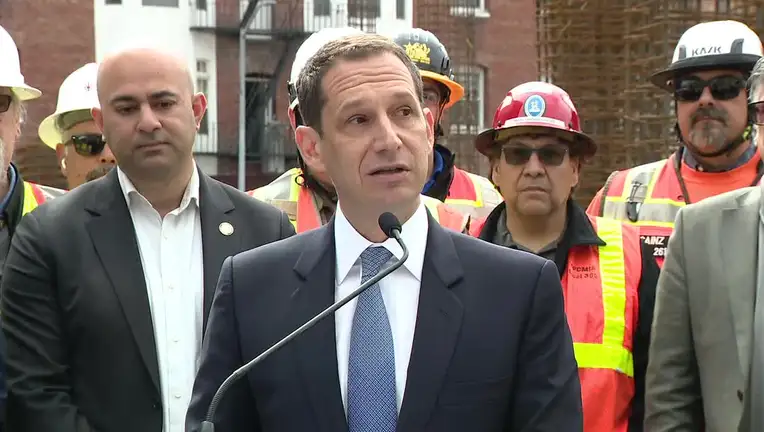
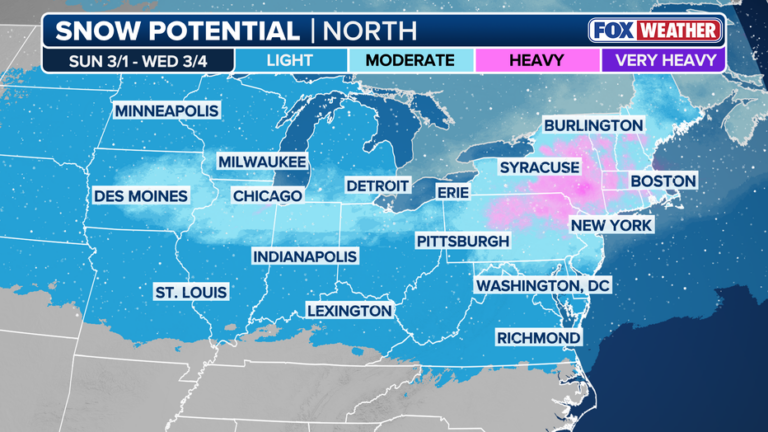
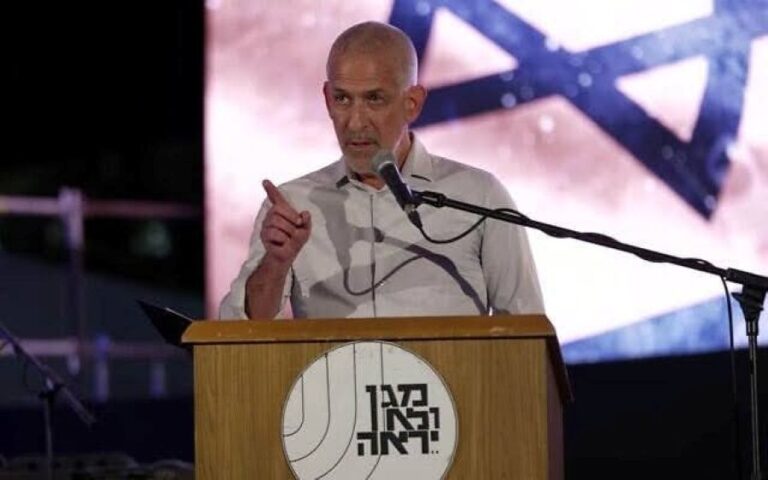
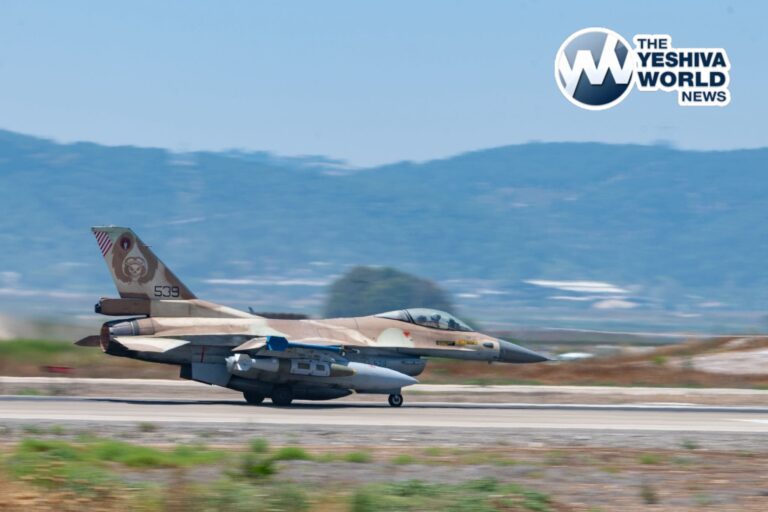

4 Responses
Biden the kicking dog of the free world
Let’s see how Brandon handles this one…
OMG, Journalist killed in Ukraine!
Biden sleeping once again